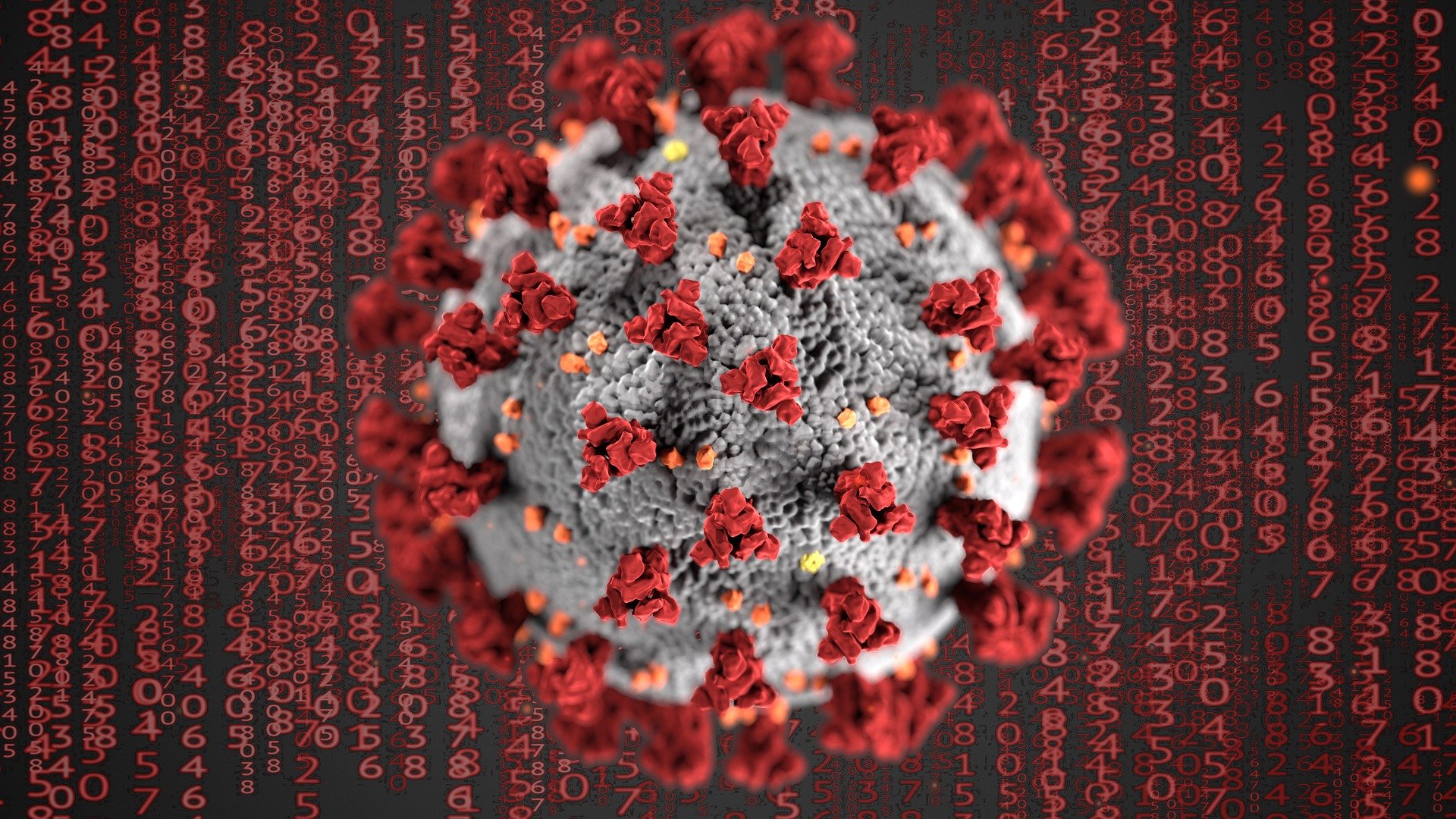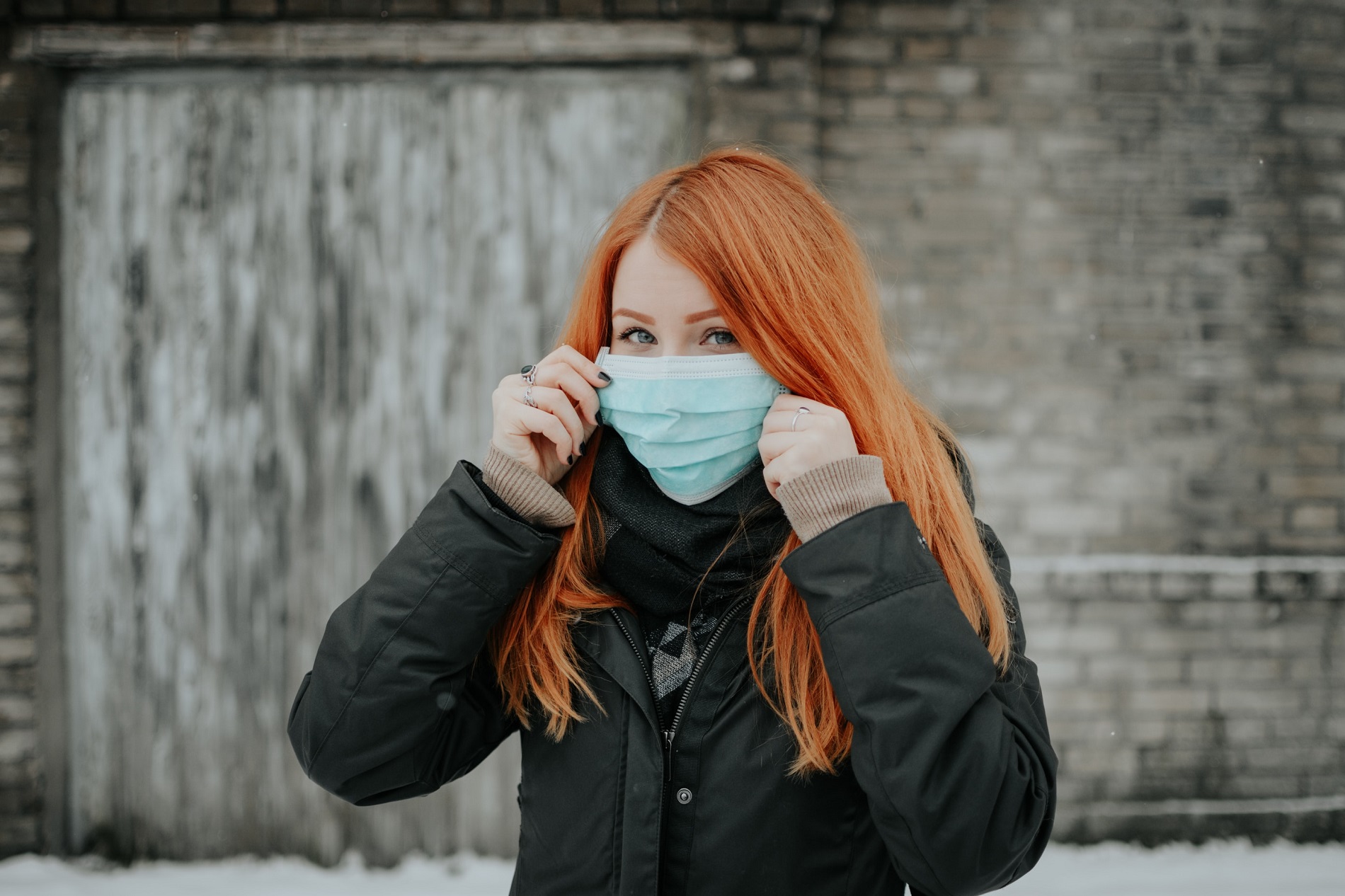The Food And Drug Administration has decided to end its emergency use authorization for two coronavirus treatments supported aggressively President Donald Trump. FDA has ended its approval citing lack of evidence regarding the efficacy of these drugs.
The agency revoked the authorization for the antimalarial drugs hydroxychloroquine and chloroquine after a request from Gary Disbrow, acting director of the Biomedical Advanced Research and Development Authority.
The agency revoked the authorization for the antimalarial drugs hydroxychloroquine and chloroquine after a request from Gary Disbrow, acting director of the Biomedical Advanced Research and Development Authority.
The latest action will not affect clinical trials, which are expected to continue.
How hydroxychloroquine came into prominence
The decades-old drugs are traditionally used to treat malaria and certain autoimmune conditions, including lupus and rheumatoid arthritis, and the FDA’s announcement does not apply to these uses.
In February this year, two small studies gathered some evidences suggesting that hadroxychloroquin could be a Covid-19 treatment. Suddenly, this drug was shot into prominence. US president Donald Trump encouraged its use.
But another study published in early June found hydroxychloroquine was no better than a placebo at preventing coronavirus infection.
Other research has also failed to find any benefit to treating COVID-19 patients with hydroxychloroquine. It does carry known risks.
Because hydroxychloroquine is approved to also treat rheumatoid arthritis and lupus, doctors can continue to use the drug “off label” in COVID-19 patients and clinical trials of the drug can continue. However, the version of chloroquine that was authorized by the FDA for emergency use is not approved in the U.S. and cannot continue to be used.
Responding to the FDA’s decision, Mr Trump said that he had previously taken the drug preventatively with no side effects.
“I took it and I felt good about taking it,” he told reporters on Monday, adding: “I can’t complain about it, I took it for two weeks, and I’m here, here we are.”
The 74-year-old president said that many people had told him it had saved their lives.
The Lancet Study and the retraction
Trials around the world were temporarily derailed when a study published in The Lancet claimed the drug increased fatalities and heart problems in some patients.
YOU MAY LIKE TO READ: Study Retractions By Two Respected Medical Journals Expose The Problems Of Speedy Science
On 22 May the Lancet published a study claiming that patients with covid-19 treated with chloroquine or hydroxychloroquine (with or without a macrolide) were at a greater risk of dying in hospital and experiencing heart arrhythmias than those patients who did not receive the drugs.
The paper included more than 96 000 patients admitted to hospital with covid-19 in six continents from December 2019 to April 2020. It seemed to be a blow to hopes for the drug, especially when three days later WHO announced that it had halted the hydroxychloroquine arm of its Solidarity trial pending a review.
But then 146 clinicians, medical researchers, statisticians, and ethicists wrote to the Lancet and the study authors pointing out several issues with the paper, including that there was no data or code sharing and implausible numbers.
The same authors had also published a study in the New England Journal of Medicine on 1 May that reported that angiotensin converting enzyme (ACE) inhibitors and angiotensin receptor blockers were not associated with a higher risk of harm in patients with covid-19. Both studies used data from a little known healthcare analytics company, Surgisphere.
The results prompted the World Health Organization (WHO) and others to halt trials over safety concerns.
However, The Lancet subsequently retracted the study when it was found to have serious shortcomings and the WHO has resumed its trials.
Another Blow
Just as it seemed that hydroxychloroquine had been given a second chance, it took another blow. The day after WHO’s trial restarted, the team leading the RECOVERY trial announced that it would be ending its hydroxychloroquine arm. It had concluded that the drug had no clinical benefit for patients in hospital with covid-19
So what happens next?
WHO told The British Medical Journal (BMJ) that the RECOVERY trial team had shared the preliminary results but that it was awaiting the final analysis. Its statement said, “Our Data Safety and Monitoring Committee will certainly consider the final results and evidence coming from other randomised trials and we will continue to inform the public as new evidence will be made available.”
According to the British Medical Journal (BMJ), there is concern that hydroxychloroquine prophylaxis is being prematurely promoted outside clinical trials.
In India doctors have criticised the Indian Council of Medical Research after it recommended that healthcare workers and the police take the drug to prevent covid-19.











